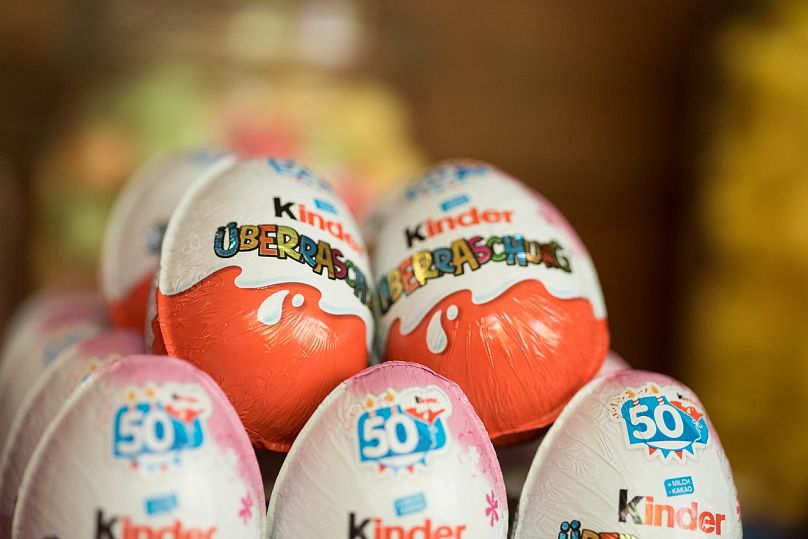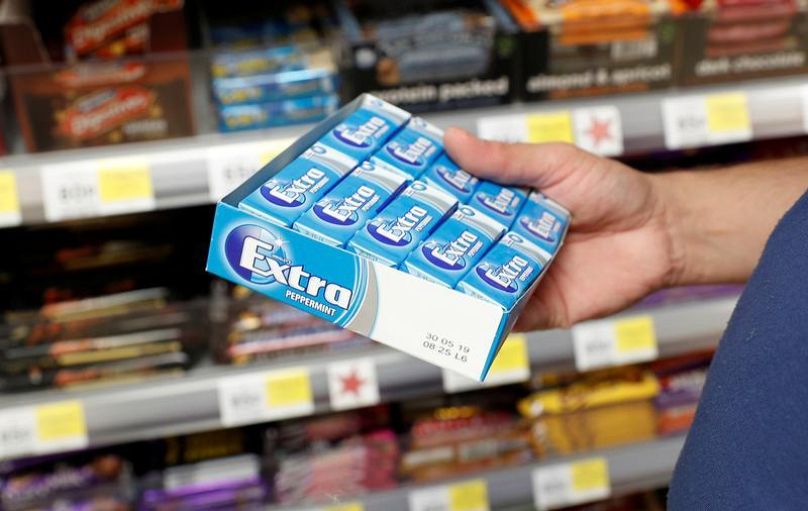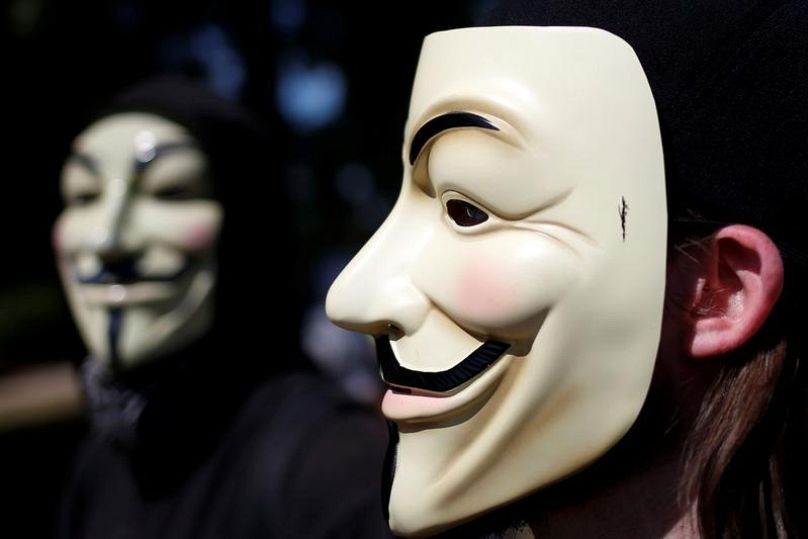Russia wants to ban imports of meat and dairy products for personal use but other countries around the world have some stranger import restrictions.
Since 2014, importing food to Russia from most Western countries has been a political issue. Yet, Russians with a taste for European delicacies could rely on a loophole: the government still allowed travellers to bring back home up to 5kg of food for personal consumption. Now, this could change.
In late April, the Russian government started considering a proposal to ban individuals from importing meat and dairy products, citing health concerns tied to infectious diseases.
Russian business daily Vedomosti reported that the Agriculture Ministry and food safety watchdog Rosselkhoznadzor appeared to endorse the bans, initially proposed by the National Meat Association but there is currently no information concerning if and when the bans will be introduced.
Prohibiting tourists from sneaking in a block of parmesan or some spiced ham is not, though, the strangest restriction on the face of the Earth. Many other countries have throughout the years imposed some bizarre bans on foreign imports — Here are five of them.
1. United States: Kinder eggs
The United States' war on Kinder eggs has been raging since 1997 when the staff at the American Consumer Product Safety Commission examined and issued a recall for some Kinder Surprise chocolate eggs illegally brought into the US with foreign labels.
The staff, pointing out the fact that the toys within the eggs had small parts and presuming that Kinder Surprise, being a chocolate product, was intended for children of all ages, decided that it was in violation of the small parts regulation and should be banned from importation into the US.
In 2012, the US Customs and Border Protection Agency had to issue a new warning reminding importers and travellers alike that Kinder Eggs, despite being sold both in Canada and Mexico, are banned from import not only during the Easter holiday season but throughout the year too.
2. New Zealand: 'Holy Water'
In 2017, the New Zealand Ministry for Primary Industries (MPI) issued a ban on the import of Fijian "miracle water", warning tourists they risked a $400 fine if they brought it into the country.
The offending water came from the village of Natadradave, in the province of Dawasamu, Fiji and was said to have healed illnesses including conjunctivitis. As media coverage grew, tourists started visiting the village and attempted to take the water back home to New Zealandese at a rate that alarmed the government.
"Sourced from a natural spring ... the untreated water is claimed to have healing properties that can cure anything from conjunctivitis to blindness," MPI said. "Our concern isn't whether the healing properties are real or not, but whether it contains waterborne diseases that could harm New Zealand's freshwater aquaculture and natural environment," said Craig Hughes of MPI, according to the New Zealand Herald.
"The locals may call it miracle water, but it is untreated, so it poses a biosecurity risk to New Zealand," the ministry added.
3. Singapore: Chewing gum
Chewing gum has been banned in the Asian country since 1992 by the Control of Manufacture Act, which also governs the restriction of certain alcohol and tobacco products. People found with chewing gum can be fined or even imprisoned.
Implemented shortly after the local railway system (the Mass Rapid Transit or MRT) started running, the ban came after too many vandals began sticking used chewing gum on the door sensors of the new trains, disrupting the service.
"If you can't think because you can't chew, try a banana," former Prime Minister Lee Kuan Yew told a BBC reporter who suggested that such laws would stifle the people's creativity.
Today, chewing gum is not illegal in Singapore, but importing it and selling it is, with the exception of therapeutic, dental, or nicotine chewing gum.
4. Saudi Arabia: Masks
Saudi Arabia has an impressive list of prohibited items, including alcohol and Christian or Jewish symbols. One of the most surprising restrictions, though, is on masks that completely or partially hide the face.
The ban was introduced seven years after the release of "V for Vendetta", a 2005 film seen by many political groups as an allegory of oppression by the government. The Guy Fawkes mask that features prominently in the film has often been used in protests against tyranny, as author David Lloyd noted.
In 2013, the Ministry of Islamic Affairs of Saudi Arabia issued a statement saying that the masks "instil a culture of violence and extremism" and "encourage young people to breach security and spread chaos in society".
5. China: Any item which is harmful to China's politics, economy, culture and morals
Travellers informing themselves on what they can take on their trip to China might not believe their eyes when, between items such as acids, chemicals or counterfeit money, the list mentions: "Printed matter, films, photographs, gramophone records, cinematographic films, loaded recording tapes and videotapes, compact discs (video and audio), storage media for computers and other articles which are detrimental to the political, economic, cultural and moral interests of China".



